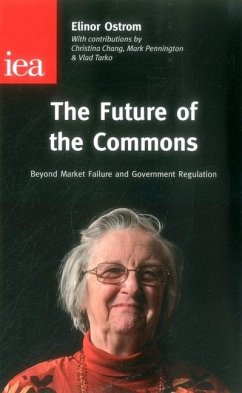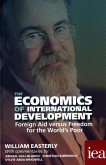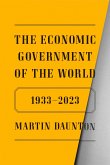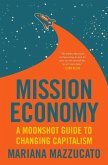This short book provides a brief introduction to the work of the late Elinor Ostrom, 2009 Nobel Laureate in economics. Her work is of vital importance in understanding how we can manage difficult environmental problems without top-down government regulation. As Professor Ostrom suggests, examples such as European Union fisheries illustrate the difficulties of approaching the management of common-pool resources with the mindset that government regulation can be a panacea. The monograph features a lecture given by Elinor Ostrom just before she died, as well as explanations of her work, its relevance and practical examples by other eminent authors. The authors help bring to life this crucial area of economics which is extremely important for all those with an interest in tackling environmental problems related to common-pool resources. This area is often ignored in mainstream economics textbooks, but is of huge practical relevance in both developed and less-developed countries.
Hinweis: Dieser Artikel kann nur an eine deutsche Lieferadresse ausgeliefert werden.
Hinweis: Dieser Artikel kann nur an eine deutsche Lieferadresse ausgeliefert werden.








